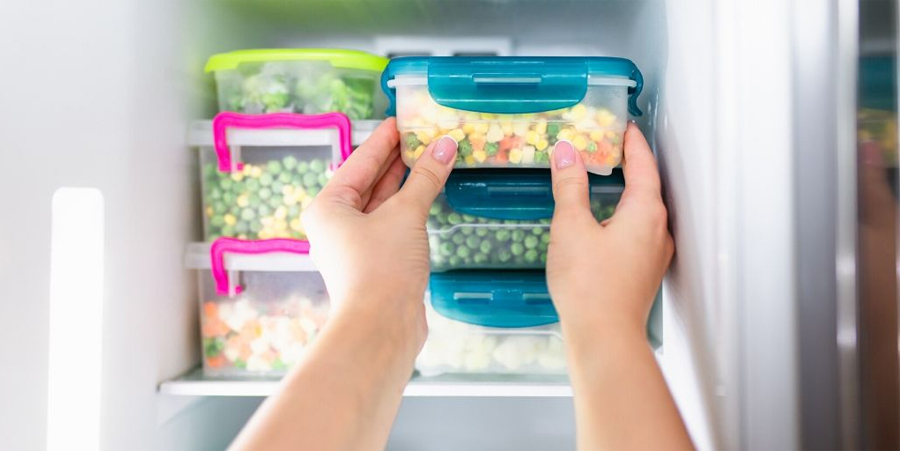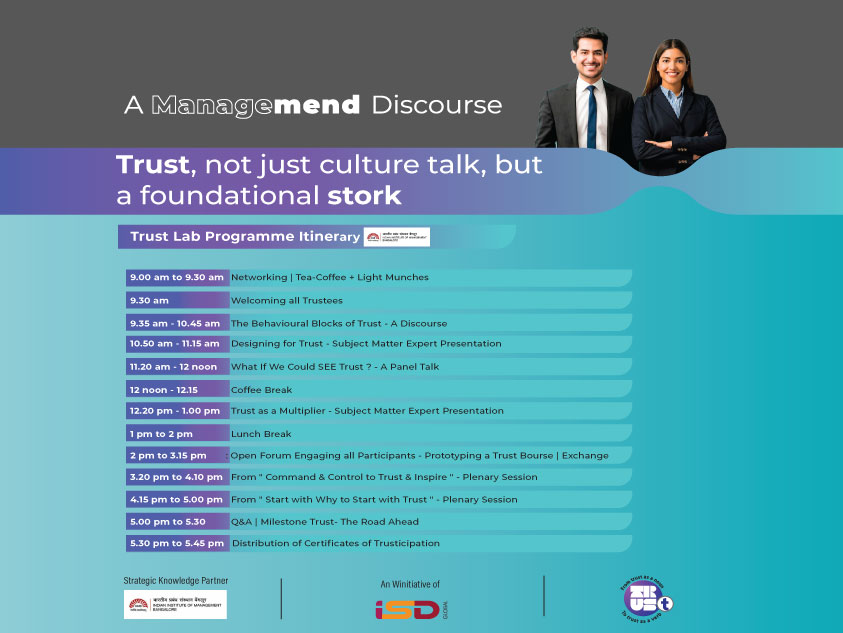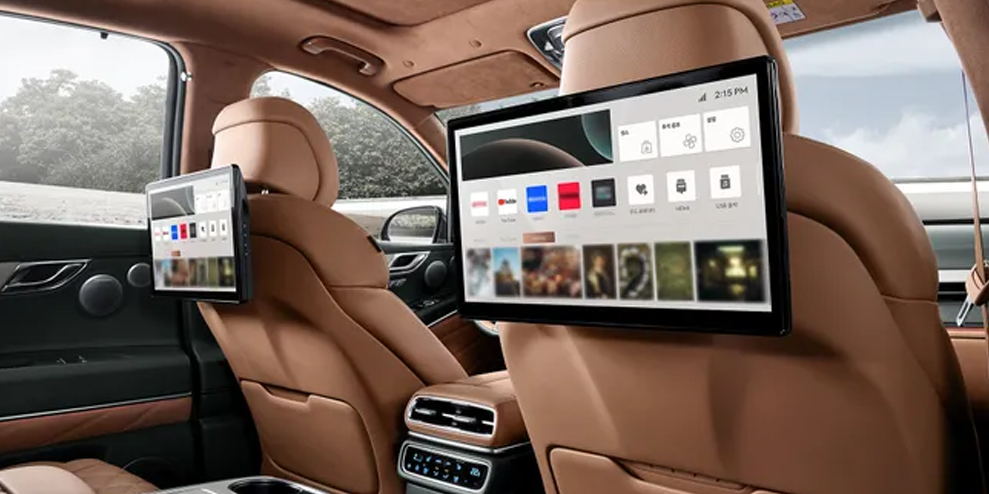In the U.S., households throw out around 30 million tons of food each year—nearly twice as much as the produce wasted on farms. In some other parts of the world, the situation flips: Because of a lack of infrastructure and unreliable electricity, food often can’t be refrigerated, and it rots before it can be sold to consumers.
But new technology could help eliminate the need for cold storage. Farther Farms, a startup based in upstate New York, developed a new type of pasteurization that makes food last longer, so perishable food can sit on a shelf instead of in a fridge. As a proof of concept, the company made packaged french fries—food that would normally be sold frozen—that can sit at room temperature for 90 days before it’s eaten. Even better: The process doesn’t use artificial preservatives.
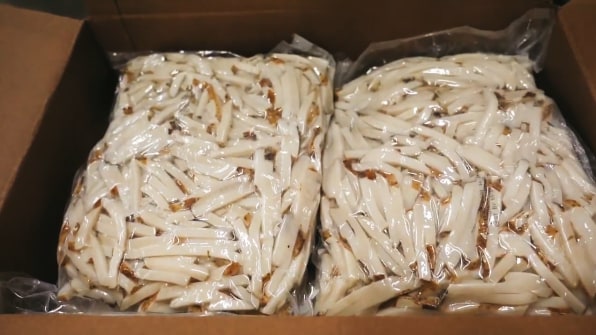
Cofounder Vipul Saran developed the tech as a grad student at Cornell University. Saran grew up in a farming family in India and saw how challenging it was to deliver produce (in their case, potatoes) in the supply chain. The necessary infrastructure was minimal and expensive to use; refrigerated shipping containers sometimes cost more than the value of the produce itself. At Cornell, he started exploring an alternative. “The whole goal was, basically, how can we look into new, innovative food processing technologies that can allow us to create value-added food products from these perishable food products, which avoids the need and the dependency as much as possible on refrigeration and freezing?” he says.
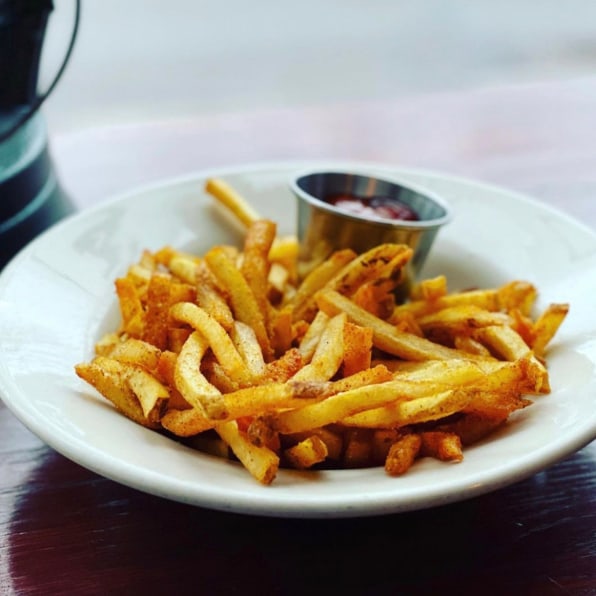
When something like milk is pasteurized, it’s quickly heated using steam to kill pathogens. The new process uses carbon dioxide instead. The food is packed in proprietary packaging, then processed with high-pressure (“supercritical”) CO2, at a moderately high temperature, which the company’s studies have found inactivates microorganisms and enzymatic activity. At scale, the CO2 can be used in a closed loop and captured at the end of the day to reuse in the system the next day.
Though the company’s shelf-stable fries are its first offering, the same process can also be used on other types of perishable food. The startup has tested other vegetables, salsa, dairy products such as paneer, and cooked chicken, all of which may have similar shelf lives. They’re focused on processed foods—french fries instead of potatoes, or salsa instead of tomatoes—to help generate more economic value for farmers.
Because the products can more easily travel long distances, it also opens up new markets. “If you can begin producing internationally and create markets for value-added food products that don’t currently exist, you’re going to do the most to help farmers,” says Saran. In India, where millions of farmers live in poverty, and where food worth $14 billion is wasted each year, the tech could help create new opportunities. It can also help in the U.S., since refrigerated trucks and cold storage increase both the cost and carbon footprint of food.
The startup hopes to work globally. “We envision a world where this technology is on every continent, really having an impact on farmers who want to process their food, and turn it into value-added products to earn a premium,” says Annunziata.
This article first appeared in www.fastcompany.com

